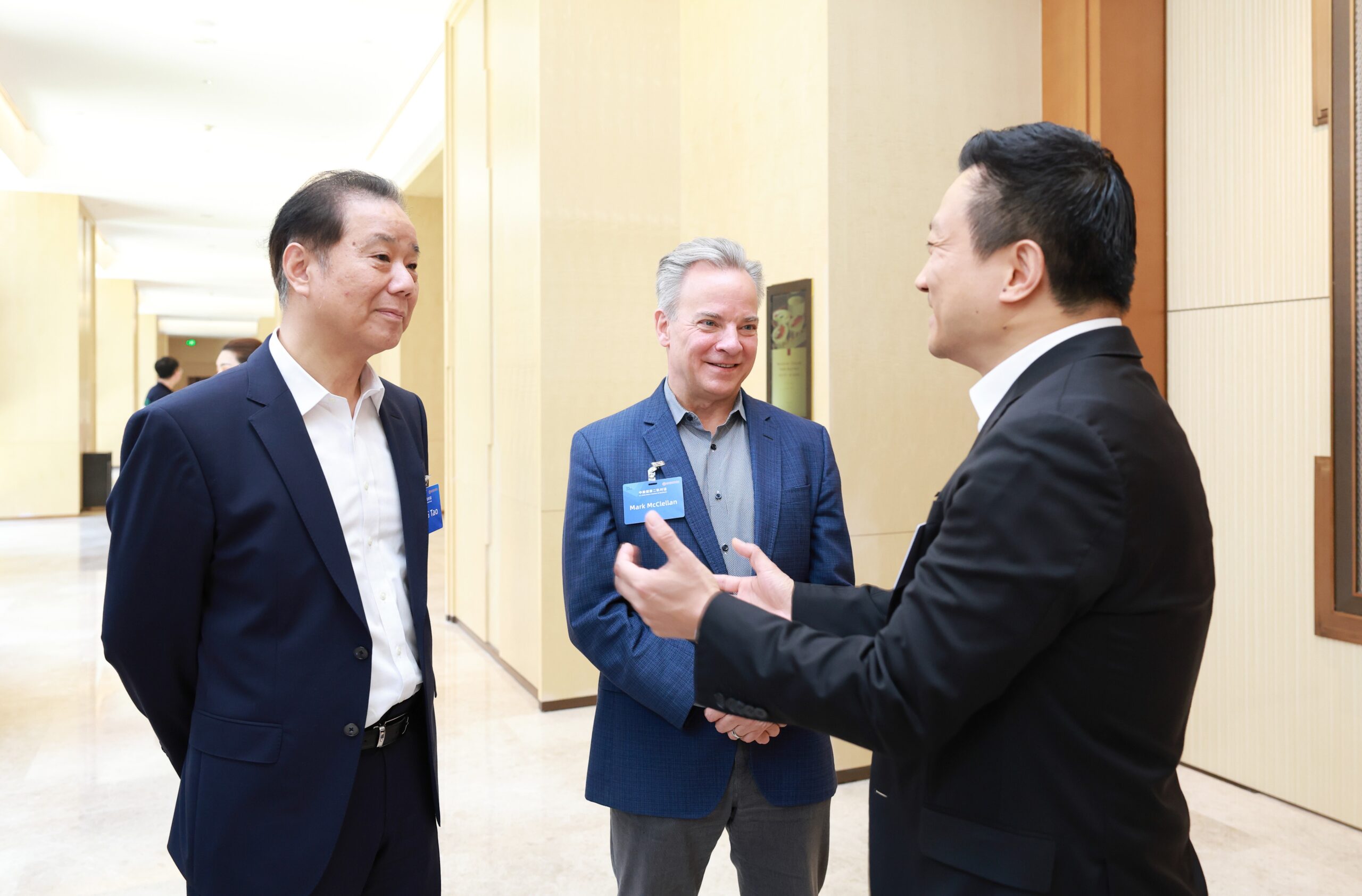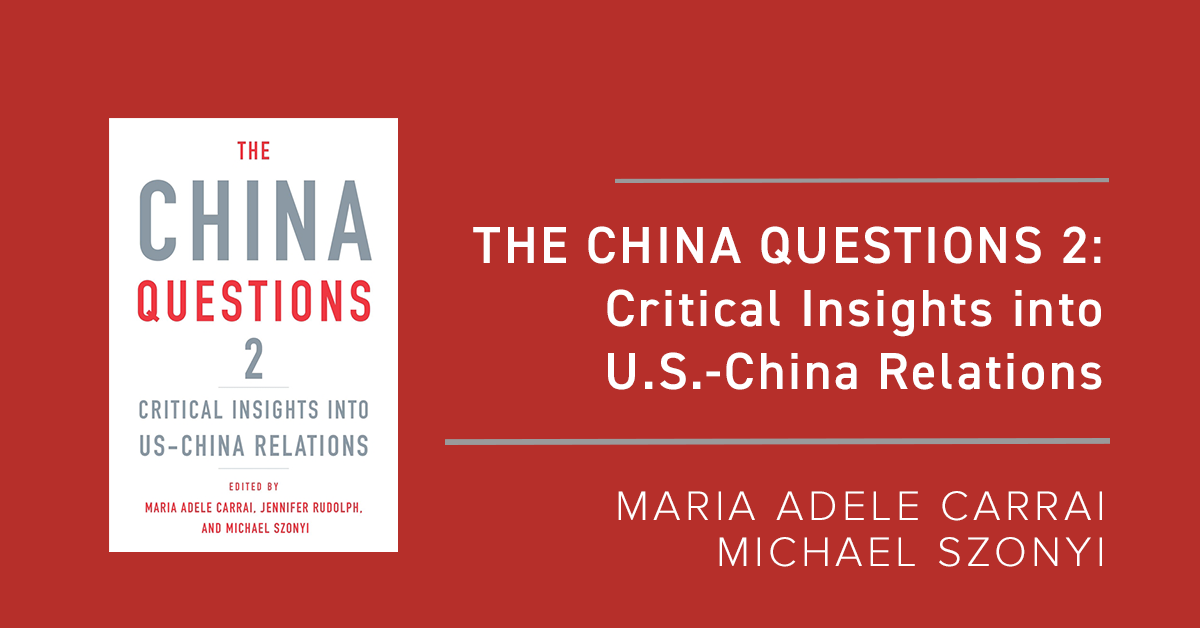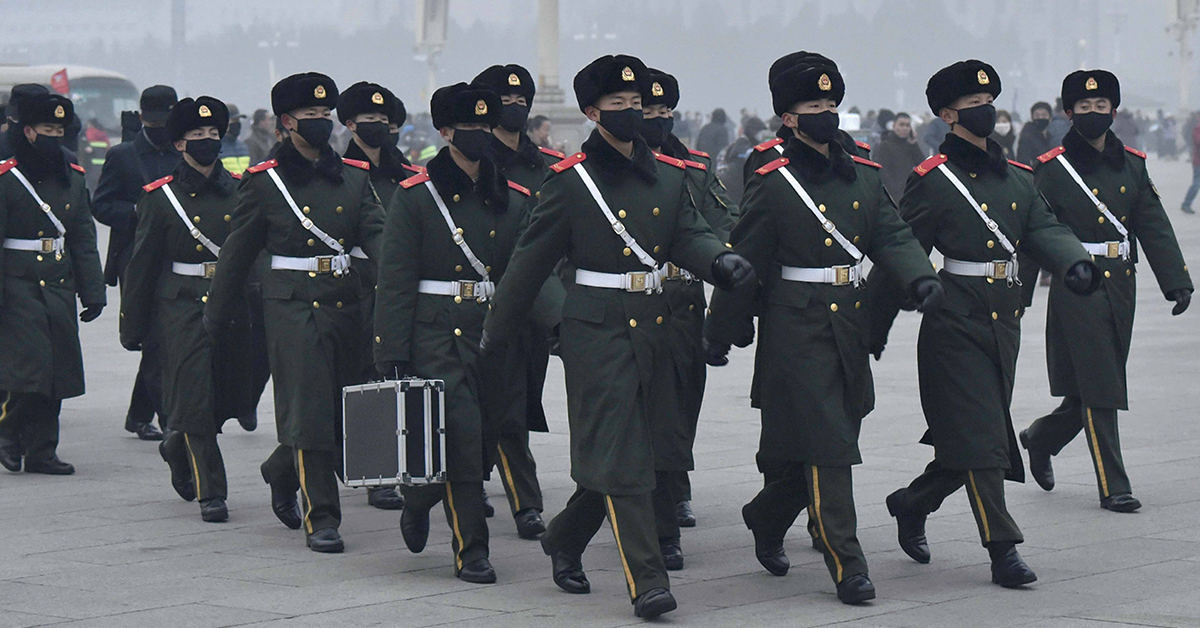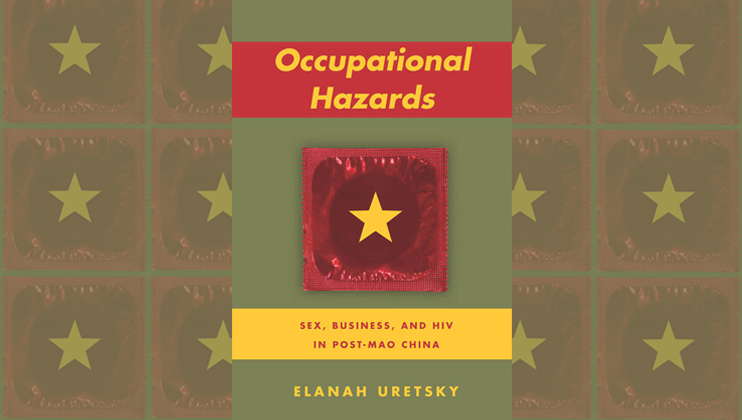The National Committee's U.S.-China Track II Dialogue on Healthcare, established in 2017, examines the effectiveness of the healthcare systems in China and the United States and recommends ways to better measure and manage the delivery and efficiency of healthcare in the two countries.
Maria Adele Carrai and Michael Szonyi discuss the implications of China’s global status for the U.S.-China relationship.
What challenges does China’s Belt and Road Initiative pose to the United States, and how should it respond?
Yanzhong Huang argues that institutional failures result in critical environmental damage and related health crises in China.
As the United States and China face an increasing array of global issues, cooperation and coordination between the world's two great powers will be essential. Margaret Hamburg, Ryan Hass, and Angel Hsu examine this dynamic from the perspectives of climate change and global health, as both countries address the challenges and opportunities of the 21st century.
A moderated discussion featuring five track II healthcare dialogue participants (three American, two Chinese), on the current state of and key takeaways from the COVID-19 pandemic, as well as main points from the most recent U.S.-China Track II Dialogue on Healthcare.
The National Committee hosted a virtual program moderated by Joan Kaufman with two leading medical experts: Margaret Hamburg and Winnie Yip, as they discussed the potential for collaboration between the United States and China on global health strategies.
Yuen Yuen Ang, Amy Celico, and Elizabeth Knup discussed how COVID-19 is affecting U.S.-China relations and what the impact of the outbreak might be looking forward.
Dr. Elanah Uretsky reveales the business and networking practices of Chinese businessmen and officials, and the associated risks of contracting HIV/AIDS and other sexually transmitted diseases.
The Chinese media is giving greater attention to HIV/AIDS, yet it often ignores the effects of HIV/AIDS-related stigma and discrimination. A National Committee exchange program, conducted in the spring and summer of 2006, was designed to highlight the roles that journalists can play in combating stigma and discrimination, call attention to society’s attitudes toward marginalized groups, encourage community involvement in finding solutions and stimulate policy debates on a national response.








